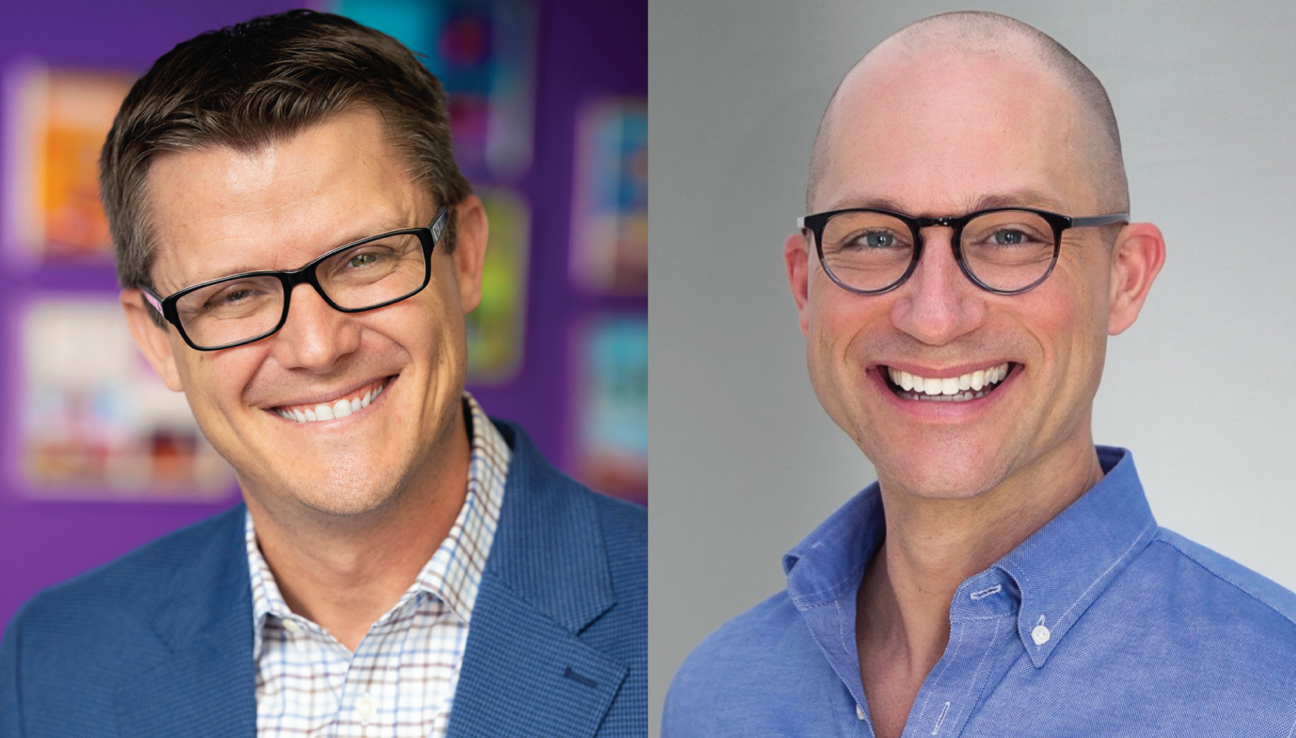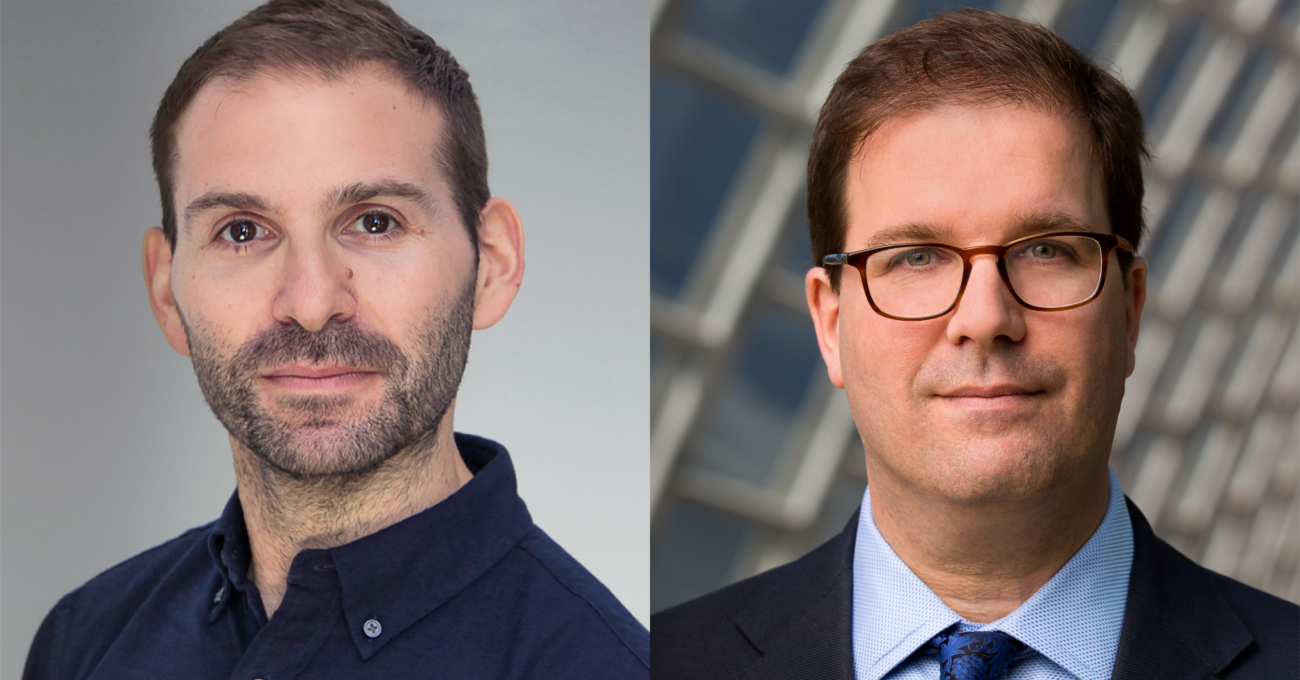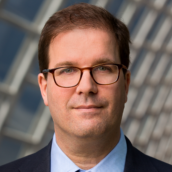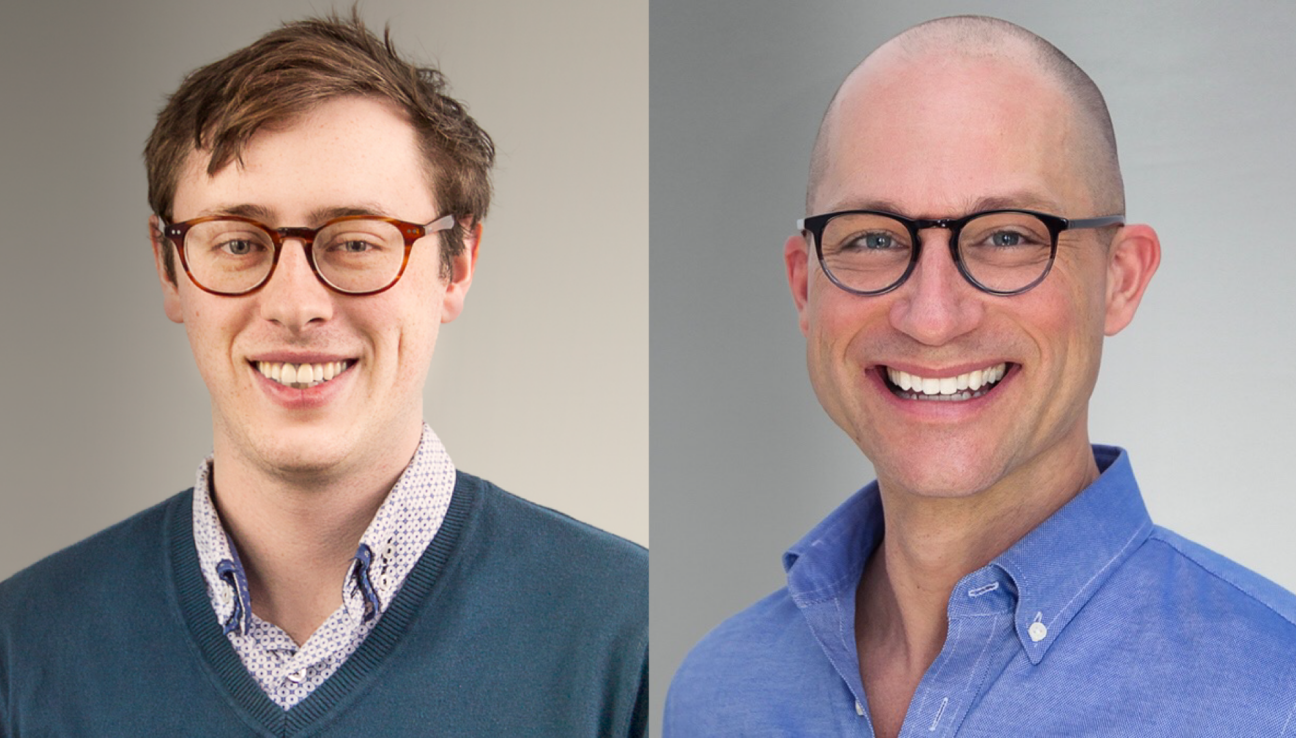
Governor Ron DeSantis’ recent veto of over $30 million in arts and culture funding is more than just a financial blow to Florida arts organizations—it undermines the social and economic contributions our industry provides. How can we clearly communicate the vital role our organizations play to stakeholders and policymakers?
In this episode, CI’s VP, Managing Director Christopher Williams speaks with Chris Brown, Executive Director of Orlando Family Stage, about how advocates can make a stronger case for arts funding by highlighting the industry’s vital role in boosting local economies, fostering community well-being, and enriching society.




